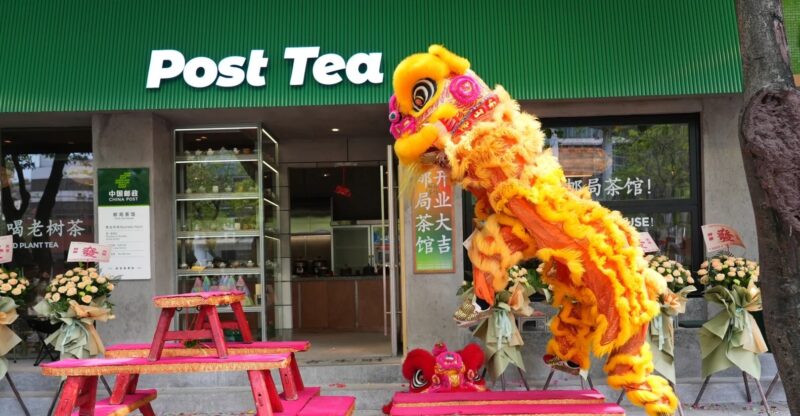As the Chinese government ramps up regulation of AI, evidence suggests the new technology may have already negatively impacted the country’s jobs market.
Zhang Dandan, a professor of economics at PKU’s National School of Development, analysed over 1 million job postings on Zhaopin, one of China’s job sites, from January 2018 to April 2023.
She found that for occupations with high “exposure” to AI – meaning that many elements of the job role can be replaced by AI – new job postings fell sharply. According to Zhang’s research methodology, jobs with high exposure to AI broadly include sales, finance, education and training, software development, administration, and customer service.
Her findings also raised the fact that the opposite effect can be seen in the US, where job postings reportedly increase in a given industry as AI exposure gets higher. The use of generative AI like ChatGPT can drive down prices for services, thereby increasing demand and increasing job opportunities in some sectors.
ChatGPT, created by San Francisco-based company OpenAI, is effectively banned in China since companies like Tencent and Ant Group were instructed not to offer the service due to government fears that it could allow the US to spread misinformation. Multiple Chinese tech companies have released AI chatbots in the last few months, but most have not been rolled out to a public audience. The most successful one, Baidu’s Ernie Bot, reportedly still falls short of ChatGPT.
The issue of reduced job opportunities as a result of AI is particularly pertinent given the China’s soaring youth unemployment, which hit 20.4% in April. China now has more graduates than ever before, but the jobs available are mismatched with the jobs they are seeking out, leading state media to say young people are “unwilling to engage in jobs that are lower than their expectations”.
China’s huge population and highly digitalised daily life make it an information-rich society ideal for training AI models. But whilst it has a thriving tech sector, China lacks an equivalent of Silicon Valley, where innovative technologies can be researched well before commercial demand arrives. Censorship within the tech sector could also be a problem for China’s AI development, with chatbots presenting a major conflict between ideological control and technological innovation.









